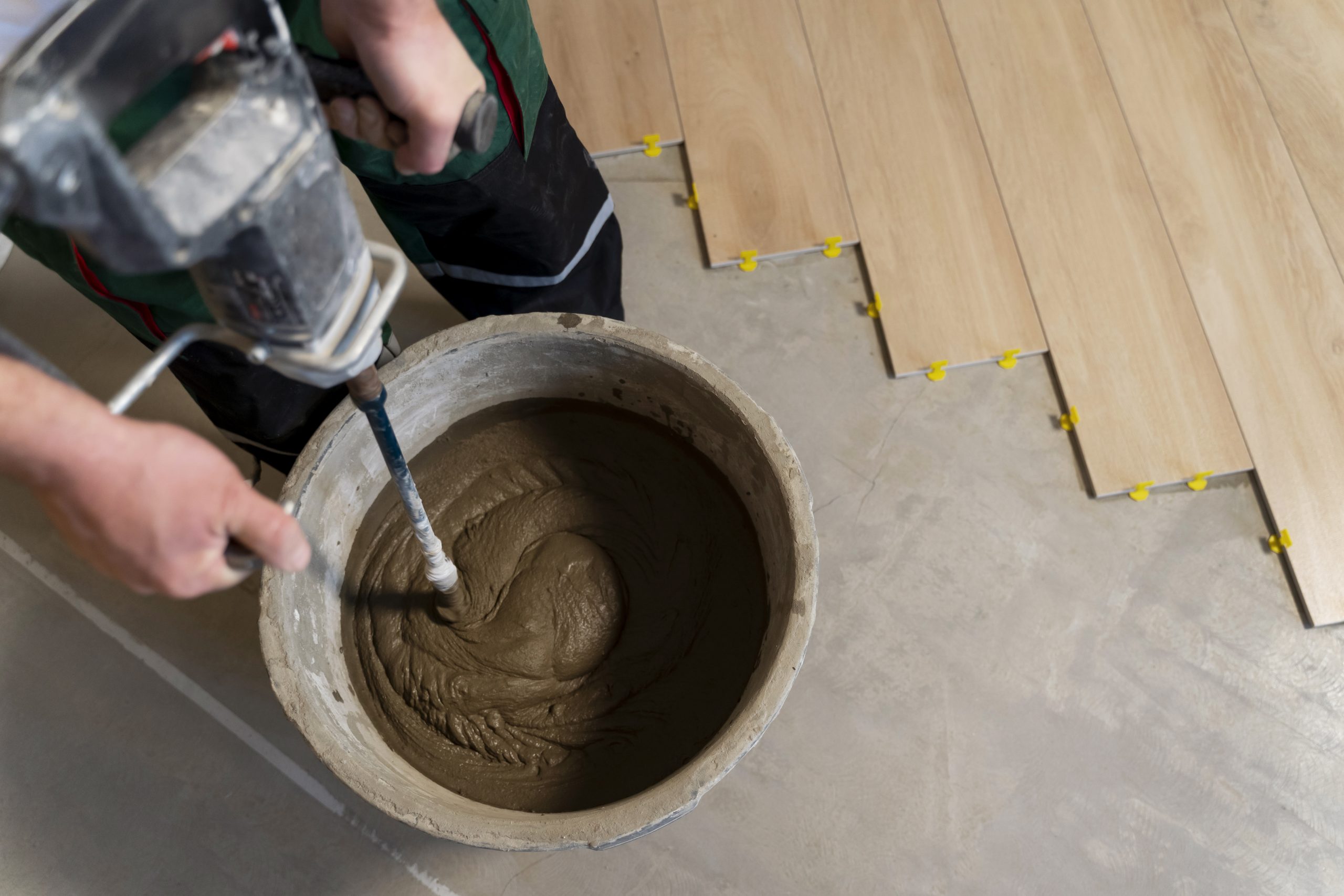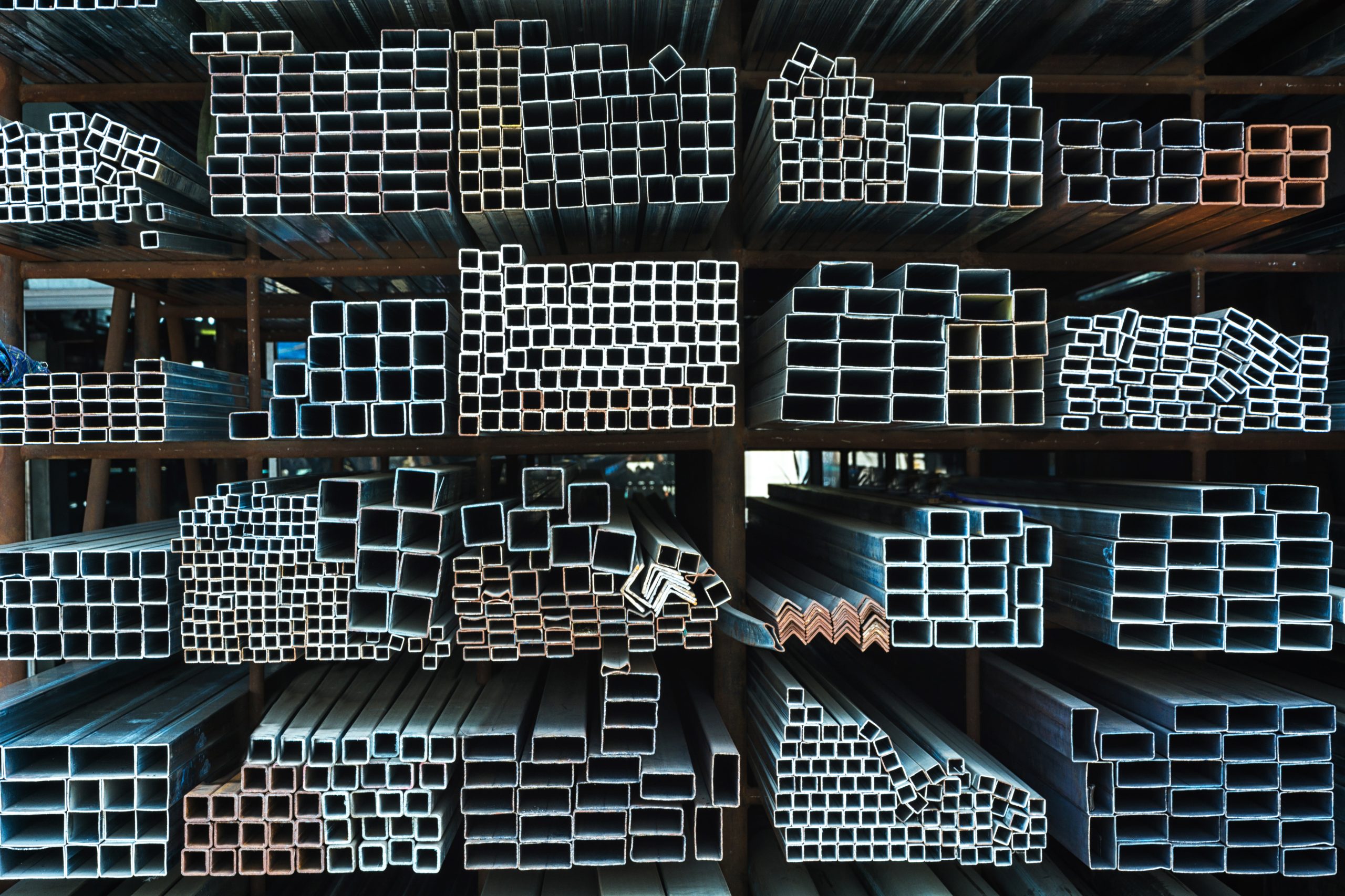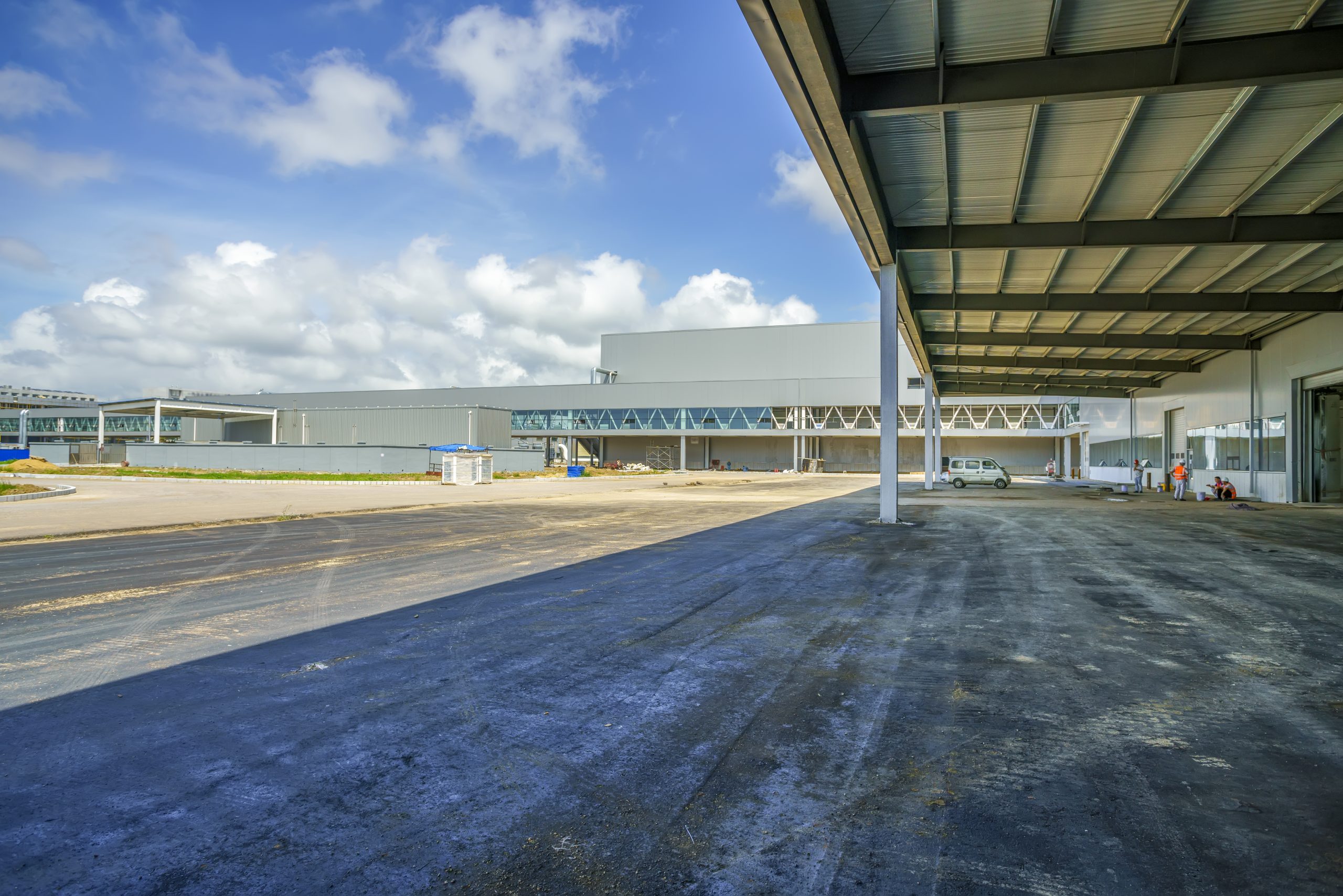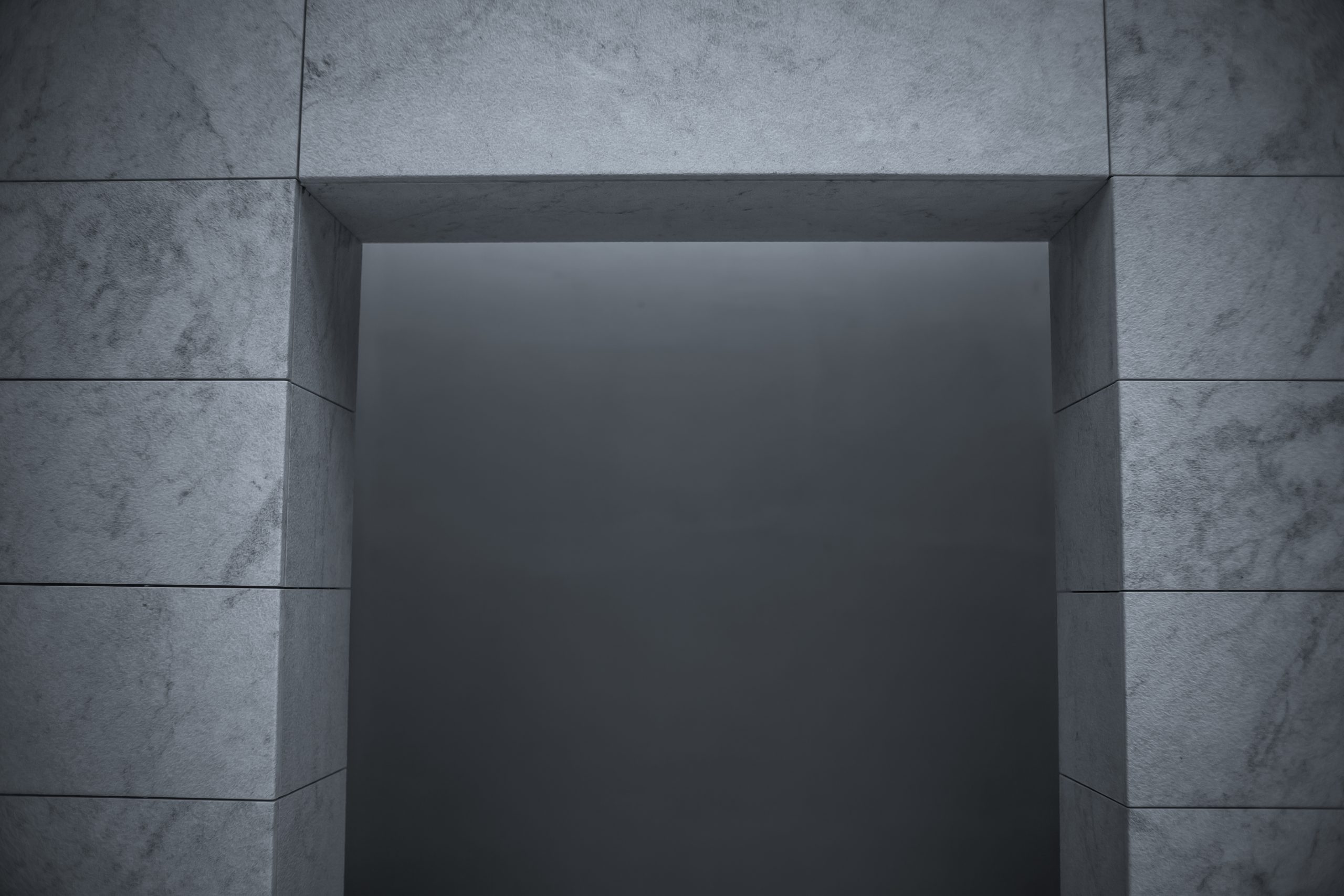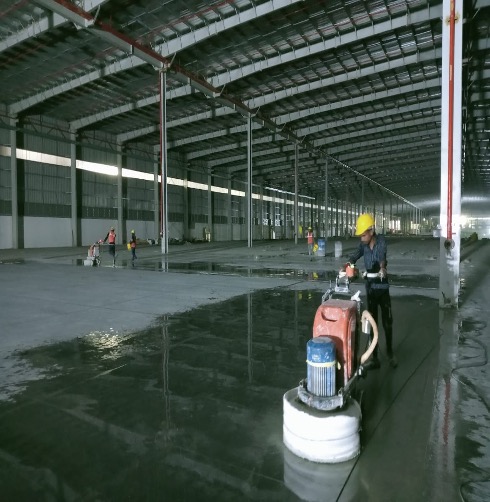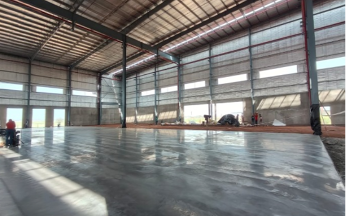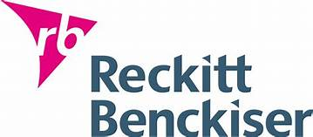Sustainability is becoming increasingly important in the construction industry, and concrete flooring is no exception. At Indus Arabia, we are committed to implementing sustainable practices in our projects to minimize environmental impact and promote long-term durability. In this article, we’ll explore some of the key sustainable practices we employ in our concrete flooring projects.
Eco-Friendly Materials
Types of Sustainable Materials
At Indus Arabia, we use a variety of eco-friendly materials in our concrete mixes, including:
- Recycled Aggregates: Using recycled materials reduces the need for virgin resources and decreases landfill waste.
- Fly Ash and Slag: These industrial by-products enhance the durability and strength of concrete while reducing the carbon footprint.
Benefits of Eco-Friendly Materials
Environmental Impact: Reducing the use of virgin materials and incorporating recycled content helps lower the environmental footprint of our projects.
Durability and Performance: Eco-friendly materials can enhance the durability and performance of concrete floors, leading to longer-lasting and more sustainable solutions.
Waste Reduction Techniques
Minimizing Waste During Construction
Indus Arabia employs several techniques to minimize waste during construction, such as:
- Precision Mixing: Ensuring the correct proportions of materials are used to reduce waste.
- Efficient Use of Materials: Planning and executing projects to optimize material usage and minimize excess.
Successful Waste Reduction Examples
Industrial Project in Jeddah: By implementing precision mixing and efficient material use, we reduced waste by 20%, contributing to a more sustainable construction process.
Energy-Efficient Construction Methods
Techniques for Reducing Energy Consumption
Energy efficiency is a key focus in our construction methods. Techniques include:
- Optimized Curing Processes: Using methods that require less energy while ensuring the concrete achieves the desired strength.
- Energy-Efficient Equipment: Utilizing machinery and tools that consume less energy and have a lower environmental impact.
Long-Term Benefits of Energy-Efficient Methods
Cost Savings: Energy-efficient methods can lead to significant cost savings over the life of the project.
Environmental Impact: Reducing energy consumption helps lower greenhouse gas emissions, contributing to a healthier environment.
Case Studies
Sustainable Warehouse in Riyadh
In Riyadh, we constructed a sustainable warehouse using recycled aggregates and energy-efficient equipment. The project achieved significant reductions in waste and energy consumption, setting a benchmark for future projects.
Green Logistics Facility in Dammam
A logistics facility in Dammam incorporated fly ash and slag in the concrete mix, enhancing durability and reducing the carbon footprint. The project also utilized optimized curing processes, further minimizing environmental impact.
Conclusion
Sustainable practices in concrete flooring are essential for minimizing environmental impact and promoting long-term durability. At Indus Arabia, we are dedicated to implementing eco-friendly materials, waste reduction techniques, and energy-efficient methods in all our projects. By choosing sustainable flooring solutions, you can contribute to a greener future while enjoying the benefits of high-quality, durable floors.
Interested in sustainable concrete flooring solutions? Contact Indus Arabia today to learn more about our eco-friendly practices and how we can help with your next project.


